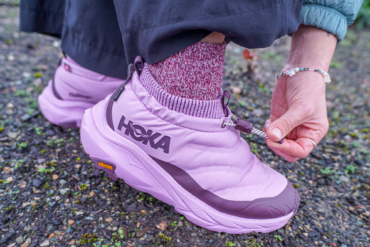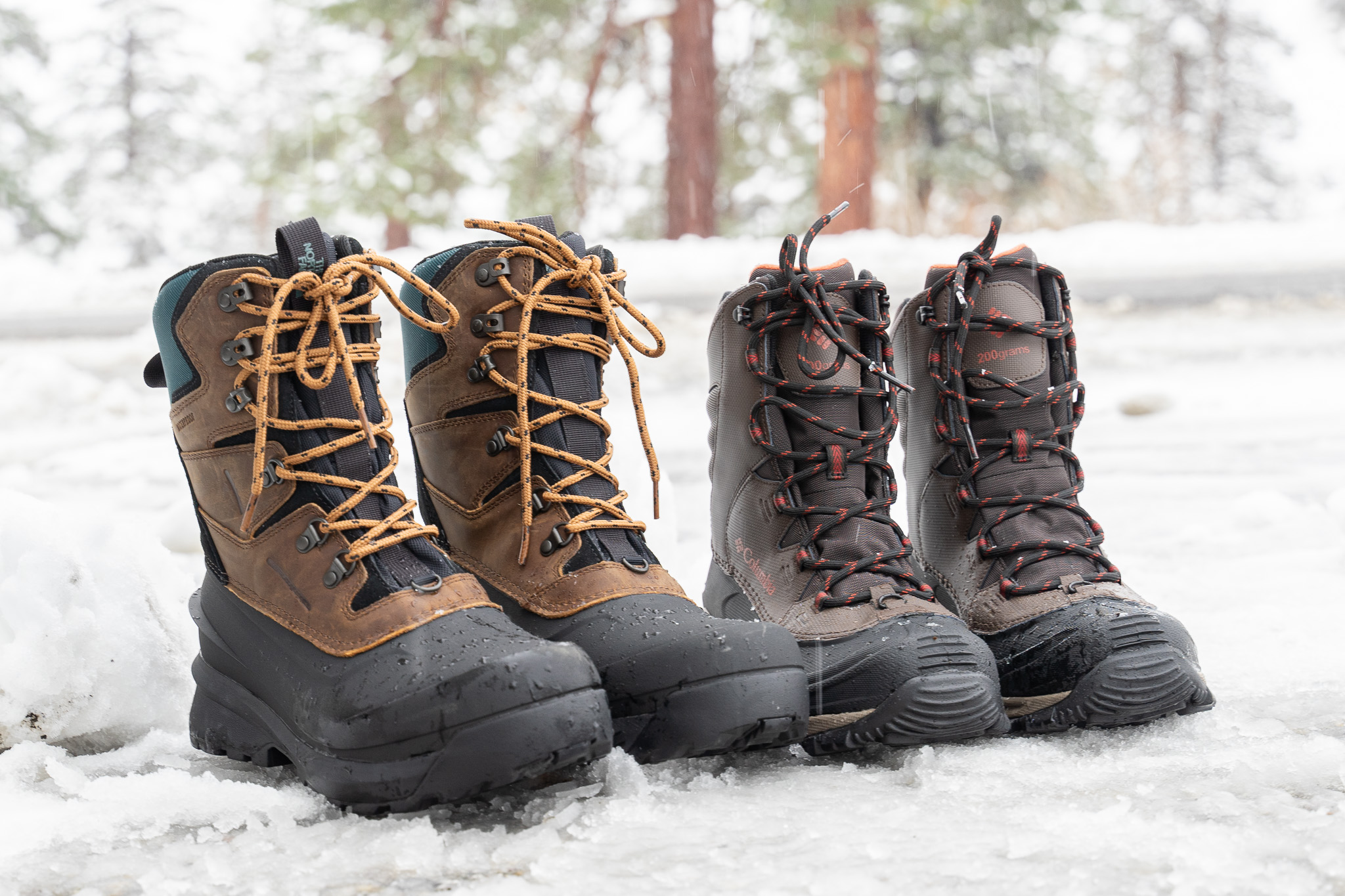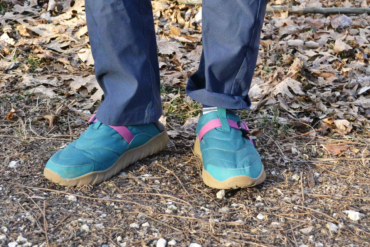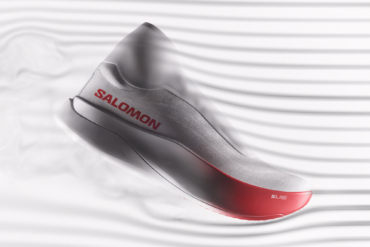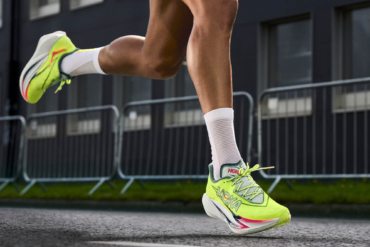Salomon today announced a new method of manufacturing that will allow the brand to make custom running shoes for the general public.

A fully custom running shoe is something of a Holy Grail for running brands, as it allows for perfect fit and performance regardless of foot shape or running style. Today, Salomon announced technology it claims brings this panacea to the masses.
In 2008, mountain runner Killian Jornet told Salomon he wanted custom shoes. He also told the brand they should be available for everyone. Now with the introduction of Salomon’s S/LAB ME:sh line of custom running shoes, they are.

Beginning on June 1, these custom kicks will be available in one of eight retailers across France, and one in Belgium.
Consumers can visit the shops to be fit and chose the design. Salomon will build the S/LAB ME:sh footwear robotically in a nearby facility. The first manufacturing site for the S/LAB ME:sh is in Annecy. Consumers can get shoes made there and watch the process beginning in September.
Salomon plans to offer the shoes in the U.S. and other markets in the near future.
How Salomon Will Make Custom Shoes
Salomon can build the S/LAB ME:sh line around an individual’s foot. Customizations address each runner’s unique way of moving and the environment in which that person runs. To do this, the footwear team at Salomon deconstructed the concept of fit. It focused on four key areas: anatomical fit (foot shape), biomechanical fit (during movement), where and how the individual uses the shoes, and personal preferences such as feel and cosmetics.

Consumers will choose the drop, cushioning (midsole and inserts), and the outsole.
Construction begins with the upper. Made from a sock-like knit in 3D, the “Twinskin” takes the shape of a shoe upper.
It is then placed in a “fusion machine” and heated to a specific temperature. Once reached, one of the threads in the Twinskin melts and fuses all three layers. This turns the Twinskin into an upper.
Then, based on the runner’s biomechanical preferences, Salomon fashions bespoke mid- and outsoles.
Finally, the upper and the lower parts of the shoe are assembled in a manual pairing process. The fusion machine and robotic equipment—along with several skilled operators—combine to execute a classified process “only known and mastered by a handful of people,” Salomon said in a statement.
S/LAB ME:sh Custom Shoe Line
Runners can choose from three offerings:
- Unique to Me: Consumers choose the midsole materials, drop, and insert. Runners can also choose the Twinskin upper height and width, the outsole and various personal elements. There are 768 color combinations to choose from in the S/LAB ME:sh Unique to Me product range. (MSRP: $327)
- Unique to Our Community: Salomon will create these models in partnership with eight specific retailers in France and one in Belgium, and designed to meet the needs demanded by each local running environment. (MSRP: $250)
- Two Kilian Jornet models: Jornet co-created and customized these models. They have the exact same specifications as the original models Kilian uses for training and racing in one width only. (MSRP: $250-$260)
Simplified Design
Salomon says that the S/LAB ME:sh footwear will require just 30 mechanical and manual operations to build, compared to the approximately 180 it currently takes to create a running shoe using normal production methods.
It also uses fewer components: 12 vs. the current average of 50. This decreases the waste associated with production and the carbon footprint required by the shipping process, Salomon claims.
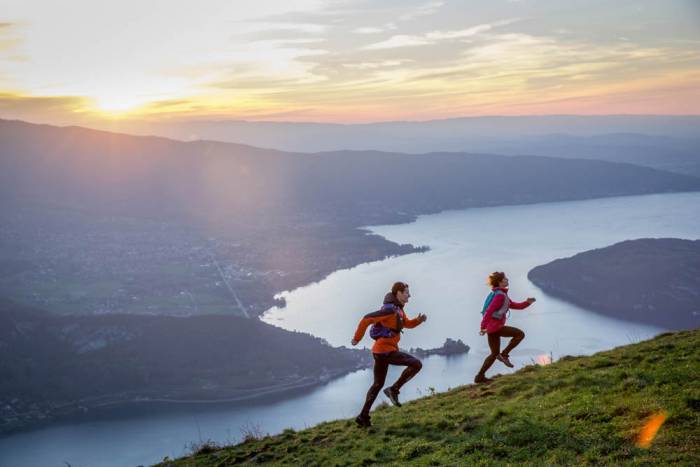
Salomon also noted that manufacturing in local markets could change the current production and shipping model that rules the footwear industry. It noted that 70 percent of sport shoes are produced in Asia, but 80 percent are purchased and used in Europe and North America. Local manufacturing could reduce the carbon footprint and waste normally associated with footwear creation, the brand said.
Will Salomon’s S/LAB ME:sh make you a better runner? Will the footwear reduce injuries, or make runners faster? These questions remain to be answered. But the new concept has us intrigued. We look forward to putting these to the test soon.


